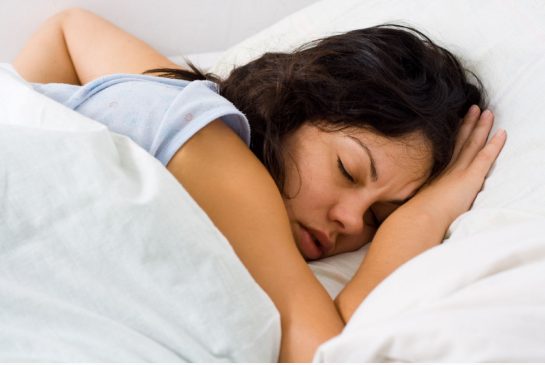Research is yet to point out a precise amount of sleep needed for individuals of various ages. The reason for this is that the task is simply too great. The needs of sleep tend to vary across all ages and usually, they are subject to impact by both individual’s lifestyle and their health. Despite these variations, however, it is possible to have too much sleep. But just how much sleep qualifies as too much? To determine this with precision, it is vital to evaluate exactly where you fall on the spectrum of “sleep needs”. It is also important to evaluate whatever lifestyle factors have effects on both the quality and the quantity of your particular sleep. With this in mind, you can make a judgment based on your individual circumstances as to how much is too much sleep for you.
General Research
Research has proven that people, who spent seven hours sleeping per day, had lower mortality compared to individuals that spent more or fewer hours sleeping. Researchers have also been keen to point out that the risk of mortality is higher for people that sleep longer hours, not just for those who sleep too few. Extra research has unearthed that sleepers that hit 9 hours (or even exceed them), are in close association with elevated morbidity (as in, illnesses and accidents) as well as mortality/death. A group of women assessed between 1986 and 2000 showed higher memory loss for the group that slept 9 hours or more, compared to the unit that slept an average of 7 hours. Armed with this knowledge, it is safe to say that on a general scale, anything beyond 9 hours of sleep constitutes as excessive sleep. University professors of considerable repute have pointed to 9.5 hours or more of sleep as being “excessive by any standard”.
Tailoring your research to estimate your individual need
Onto precise estimations. Research has shown that indeed, a person’s age will determine just how much sleep he or she needs. Newborns (those children whose age falls between 0 to 2 months) require at least 12 hours of sleep. For this particular group of people, sleeping to up to 18 hours does not constitute too much sleep. Anything beyond this however does count as excessive sleep and can be termed as “failure to thrive”. Infants (those between 3 to 11 months) need a maximum of 15 hours of sleep. Sleeping beyond that number of hours serves to defeat the purpose and holds no benefit. Anything beyond 13 hours of sleep for pre-school kids is excessive, and research has shown that 11 hours of sleep is enough for this group. Teenagers need 8 hours of sleep for healthy functioning. 8.5 hours are okay but going beyond this is, though common, not great for them. Adults (anyone exceeding 18 years of age) need 7 to 8 hours of sleep. Spending 9 hours of slumber is sleeping excessively, and it opens up multiple distinct disadvantages.
The science isn’t perfect, though
These estimations are however not set in stone. Too many reasons arise to support this. Different people have different lifestyles and their lifestyles impact heavily on their level of sleep. Different occupations also affect the level of sleep people get. The man working at a construction site may have differing sleep needs to those of the woman spending her days at the office. The basal sleep need too has indicated that despite the sleep estimations carrying a degree of validity and weight, sleep needs are very varied, to the point where they vary by the individual. What we can all do is ensure we have a solid foundation to sleep on, a high quality memory foam mattress should do the job. Still, if you begin to feel that you’re sleeping too much, then take this guide and measure whether you’re getting a little too much sleep, then tailor your sleep to your individual needs to gain the optimum benefit.



